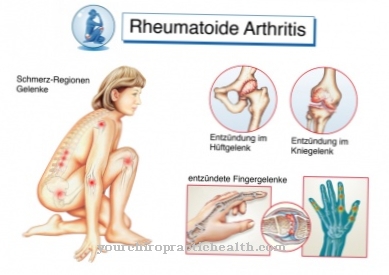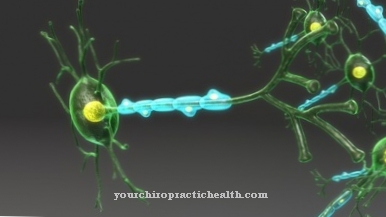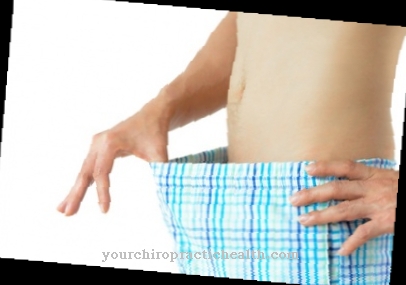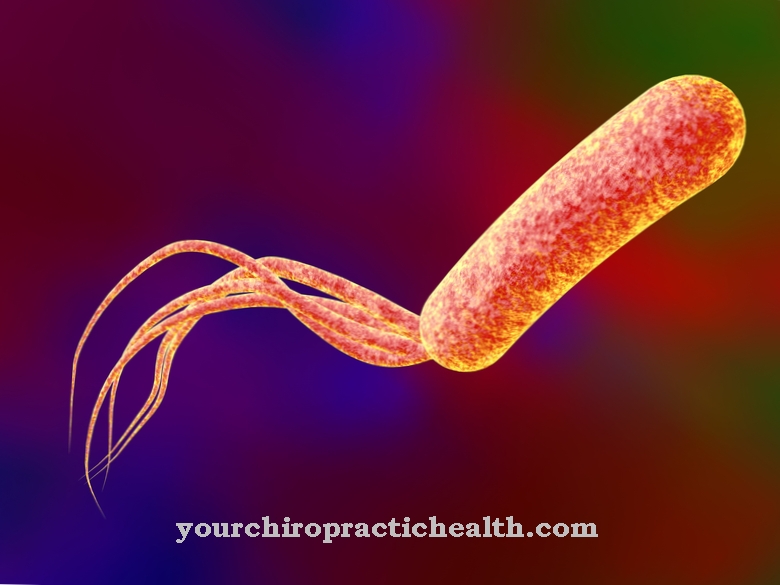Acupuncture in Pregnancy is considered a gentle measure to alleviate typical side effects such as nausea or back pain. Because it is well tolerated, it is valued as an alternative to drug therapy, as this can only be used to a limited extent in pregnant women.
What is acupuncture?
Acupuncture in Pregnancy can have a beneficial effect on the expectant mother in many ways. Traditional Chinese Medicine (TCM) uses acupuncture to treat various physical and mental complaints. The procedure is based on the assumption that the human life energy Qi flows through the body along defined meridian lines. If this flow is disturbed, this affects the well-being of the person.
Acupuncture aims to correct such a disturbance of the qi flow. For this purpose, narrow needles are pierced through the skin along the meridians and left there for 20-30 minutes. There are around 400 of these acupuncture points, each with a different effect. Depending on the patient's symptoms, the acupuncturist decides on the number and location of the acupuncture points to be stimulated.
A variant of classic acupuncture is permanent acupuncture, in which short needles remain in the skin for several days. Although critical voices doubt the effectiveness of acupuncture, this has been proven in several scientific studies.
Why Acupuncture During Pregnancy?
Since many medications cannot be used during pregnancy or can only be used with reservations, the medical treatment options for pregnant women are sometimes significantly limited. For many women, acupuncture is an alternative to conventional medicine because it is also well tolerated during pregnancy.
Their diverse areas of application allow an effective treatment of different symptoms. The use of acupuncture needles has proven its worth especially with the classic side effects of pregnancy such as nausea or back pain.
Acupuncture for nausea & vomiting
Quite a few women experience nausea during pregnancy. It usually occurs during the first three months of pregnancy, but in some cases it lasts longer - sometimes it only passes after the child is born.
The intensity of the feeling of nausea ranges from a slight discomfort to hyperemesis gravidarum, a particularly pronounced form of vomiting. Affected women suffer very much from the symptoms of pregnancy sickness and feel significantly restricted in everyday life.
Since the cause of this typical side effect of pregnancy has not yet been fully clarified, therapy is purely symptomatic. Acupuncture can help relieve symptoms. Point P6 on the underside of the wrist plays a central role in the treatment: In traditional Chinese medicine, it is also stimulated in the case of gastrointestinal disorders.
The acupuncture treatment against pregnancy sickness takes place in several sessions until the symptoms disappear permanently. In severe cases, however, regular treatments may be necessary until the end of pregnancy, as the effect wears off after a few days.
Acupuncture for back and pelvic pain
Acupuncture is also used for another common symptom of pregnancy: back pain and [[pelvic pain]] plague many women, especially in the last few months before giving birth. On the one hand, this can be explained by the increasing pressure that the child and uterus exert on the pelvis.
On the other hand, the weight of the belly means that the pregnant woman assumes a balanced posture, which is often associated with a noticeable hollow back. The overloaded back muscles then react with tension, especially in the lumbar area. Acupuncture treatment can in many cases resolve this and help relieve pain.
It is advisable to start the treatment in good time, as long-lasting tension solidifies and can therefore be more difficult to resolve. The experienced acupuncturist decides which acupuncture points are suitable for the individual symptoms after a detailed anamnesis.
Acupuncture to prepare for birth
Birth is always individual and cannot be foreseen. It is influenced by factors such as the size of the female pelvis or the weight of the child, but also by the effectiveness of labor and the mental state of the mother. Understandably, most women want a birth that is as painless and uncomplicated as possible.
Pre-birth acupuncture can have a positive effect on the birth process and the individual pain perception. It is also used to stimulate labor when the calculated due date has been exceeded. Pre-birth acupuncture to stimulate labor should only be carried out after consulting the attending physician.
Are There Any Side Effects Of Acupuncture?
In general, acupuncture is very well tolerated. As a result of the needles piercing the skin, occasional drops of blood may escape or feelings of numbness may arise. Occasionally a hematoma forms at the puncture site, but it disappears completely after a few days.
These aftereffects of an acupuncture session can be regarded as normal side effects and are not a cause for concern. However, improper treatment such as incorrect selection of acupuncture points or excessive stimulation can lead to dizziness or short-term disturbances in consciousness.
In such a case, treatment should be stopped immediately, especially during pregnancy. Injury to blood vessels from acupuncture needles is very rare and is not considered a side effect of treatment. Rather, such an incident represents a negligent treatment error, which indicates a lack of experience and incorrect use of acupuncture technology.
Such an experience can be avoided by opting for a professional acupuncture doctor. In particular, treatment during pregnancy should only be carried out by an acupuncturist with appropriate specialist knowledge and many years of practical experience.




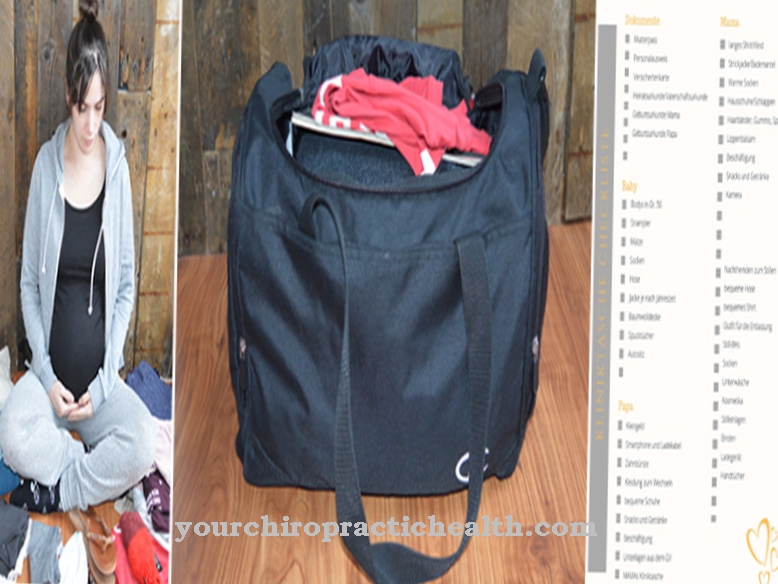



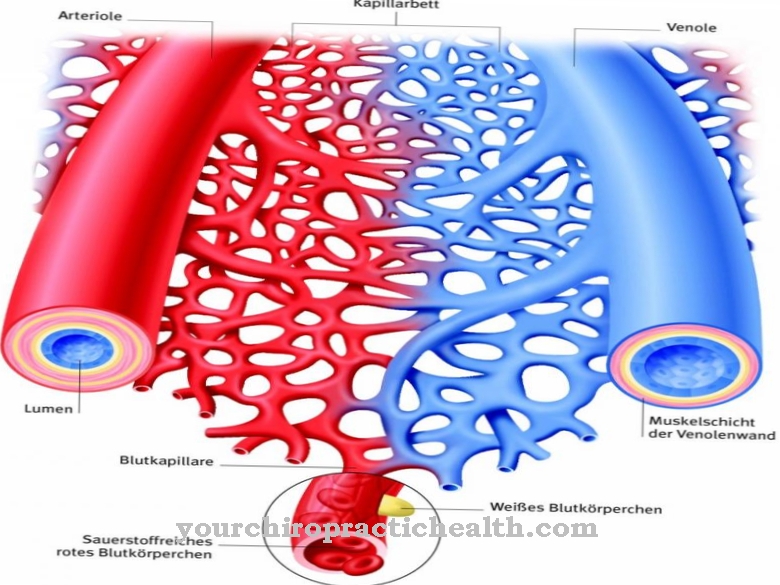





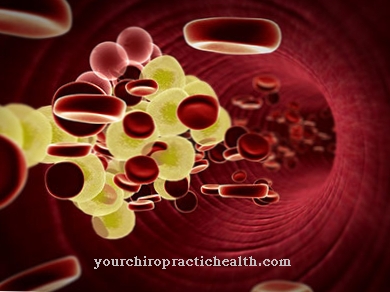
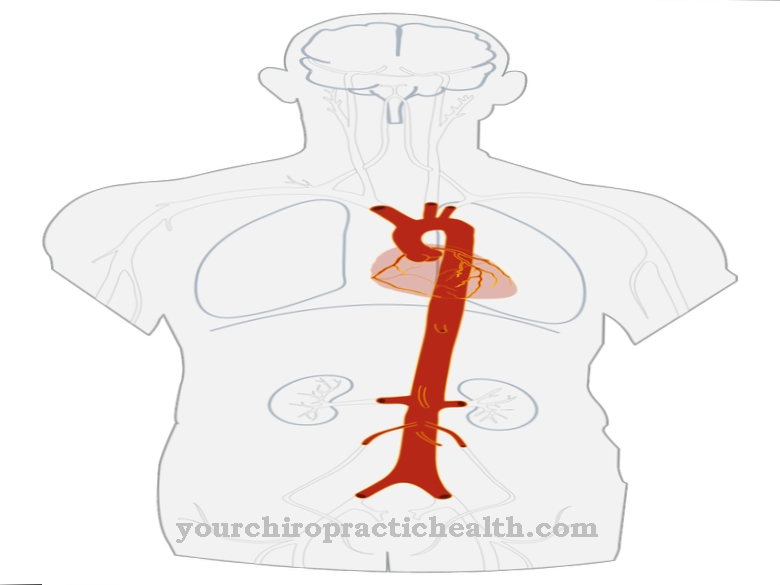

.jpg)


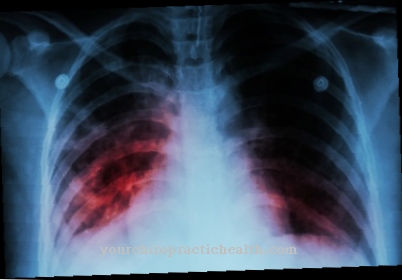
.jpg)

.jpg)
